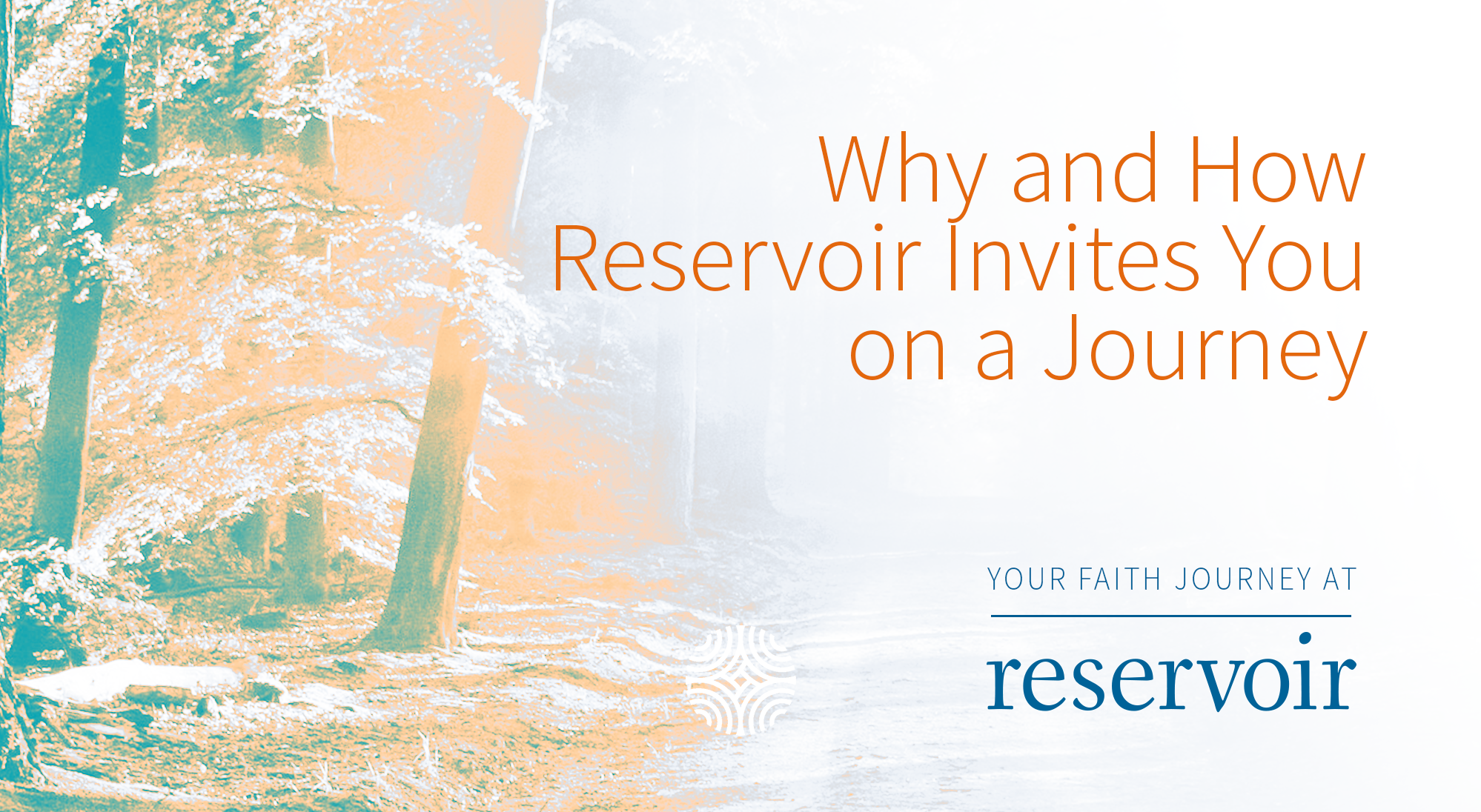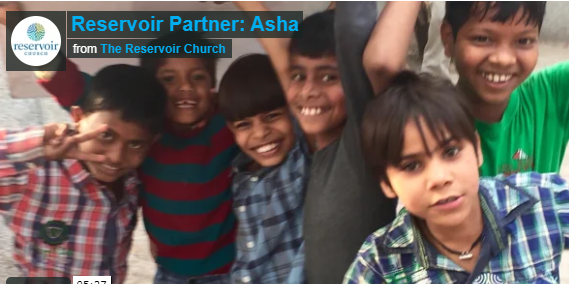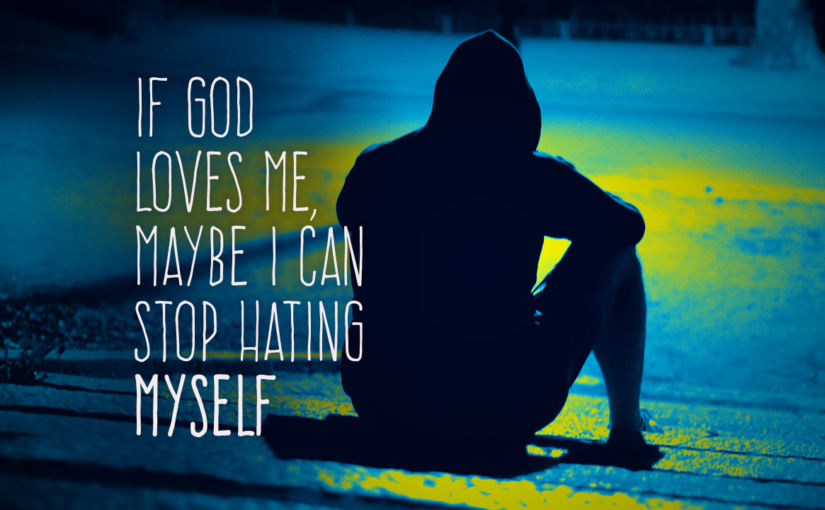I hope you’re enjoying our late fall series, Your Faith Journey at Reservoir, thus far. I opened the series focused on our church’s value for connection. We talked about how the simple process of connecting more deeply with a friend or with our natural environment can bring greater life and greater ease in connecting with God. Last week, Pastor Lydia gave us a great word on action, and we passed out a spiritual practices booklet prepared by Pastor Ivy, capturing some of our teaching on Sundays over the past several months. It’s available online now where we house resources for our community groups.
As you’ll continue to hear on Sundays, a great way you can connect with Reservoir as your community is to become a member or review your membership agreement. Membership is a practical way of signifying your belonging in this community and your desire to be part of the hundreds of people that sustain this community. You can join online today, and a pastor will be in touch with you.
I also wanted to write to you about a theme from my upcoming Sunday sermon, on our value for Everyone. (“We seek to welcome people in all their diversity, without condition or exception, to embrace a life connected to Jesus and others.”) A hallmark of Jesus’ ministry was a radical expansion of God’s welcome; we find joy when we receive and extend that ourselves.
In particular, this Sunday, I’ll share some teaching on baptism as one of the most powerful ways we experience the welcome and love of God. I’ll also share that after years of prayer and consideration on my end, our pastoral staff and Board have been talking about extending baptism to any in our community who are interested, children and infants included.
A bit of background. We don’t keep records on numbers, but our church has baptized hundreds of people over the past twenty-five years. Thus far, they have all been grade school aged and older. Our church’s roots are in the Protestant renewalist tradition – churches in modern charismatic and Pentecostal denominations and unaffiliated churches like ours that emphasize and treasure lived, felt experience of God by faith. For these churches, baptism – usually by brief immersion under water – has been an opportunity to express one’s faith in Jesus. It has also been a physical taste of God’s cleansing and powerful love and a symbol of our union (being connected to, made one) with Jesus, who died and is risen. In this tradition, a person chooses to be baptized as an expression of faith and eagerness for more life in God. When parents have infants or young children, they can dedicate their children and their parenting to God, but the child will choose – or not choose – baptism for themselves when they are older.
The majority of Christian churches, both now and throughout Christian history, have also baptised children of all ages, including infants. For these churches, baptism is an expression by the community of faith that the child is known and loved by God and included in God’s family. Infant baptism is an expression of grace – that God loves and chooses us before we can love or choose God, and even when we struggle to love and choose God ourselves. Generally, when infants are baptized, they are not immersed, but a small amount of water is sprinkled or poured on their heads, with the water representing the anointing of the Holy Spirit – the loving presence of God with the child.
For families that would like their child to be baptised, our pastoral staff and Board would like to offer this as well. A few things this would and wouldn’t mean:
- Baptism would be available for infants and children of families who are part of the Reservoir community and want this for their children.
- We will continue to offer child dedication for families who would prefer not to baptise their children, but would like to dedicate their child and parenting and let their child choose or not choose baptism after they grow older.
- We will continue to offer preparation for baptism and baptism for youth and adults who would like to be baptised. This is not only for children, but a powerful rite for any person interested in Jesus-centered faith.
- Our youth ministry team has been thinking through best ways to prepare youth who are interested to consider baptism as they also consider ways to help youth who were baptised as children make sense of faith and church for themselves (a process that has traditionally been called confirmation, among other things.) This will continue.
- Reservoir will continue to honor anyone’s baptism, no matter where that happened, and regardless of when it happened. This has always been the case for us.
- Baptism is not a requirement for participation at Reservoir and we do not believe or teach that God requires baptism for someone to live a good life or go to heaven or anything like that. We are making available to people and families an important experience of God’s welcome and loving connection, not requiring it of anyone!
Early in the new year, we will be in touch about when and how child dedication, child baptism, youth baptism, and adult baptism will be available in 2020. Our team needs some time to work through the details. Meanwhile, If you have questions or concerns, feel free to talk with me or any of our pastors.
We are God’s children. God loves us so and is delighted to include us in the embrace of God’s community of faith and to teach us to learn connection and life with Jesus. It’s an honor to walk with you and serve you on this journey. I’m looking forward to sharing more about God and Everyone this Sunday!
Peace,
Steve











